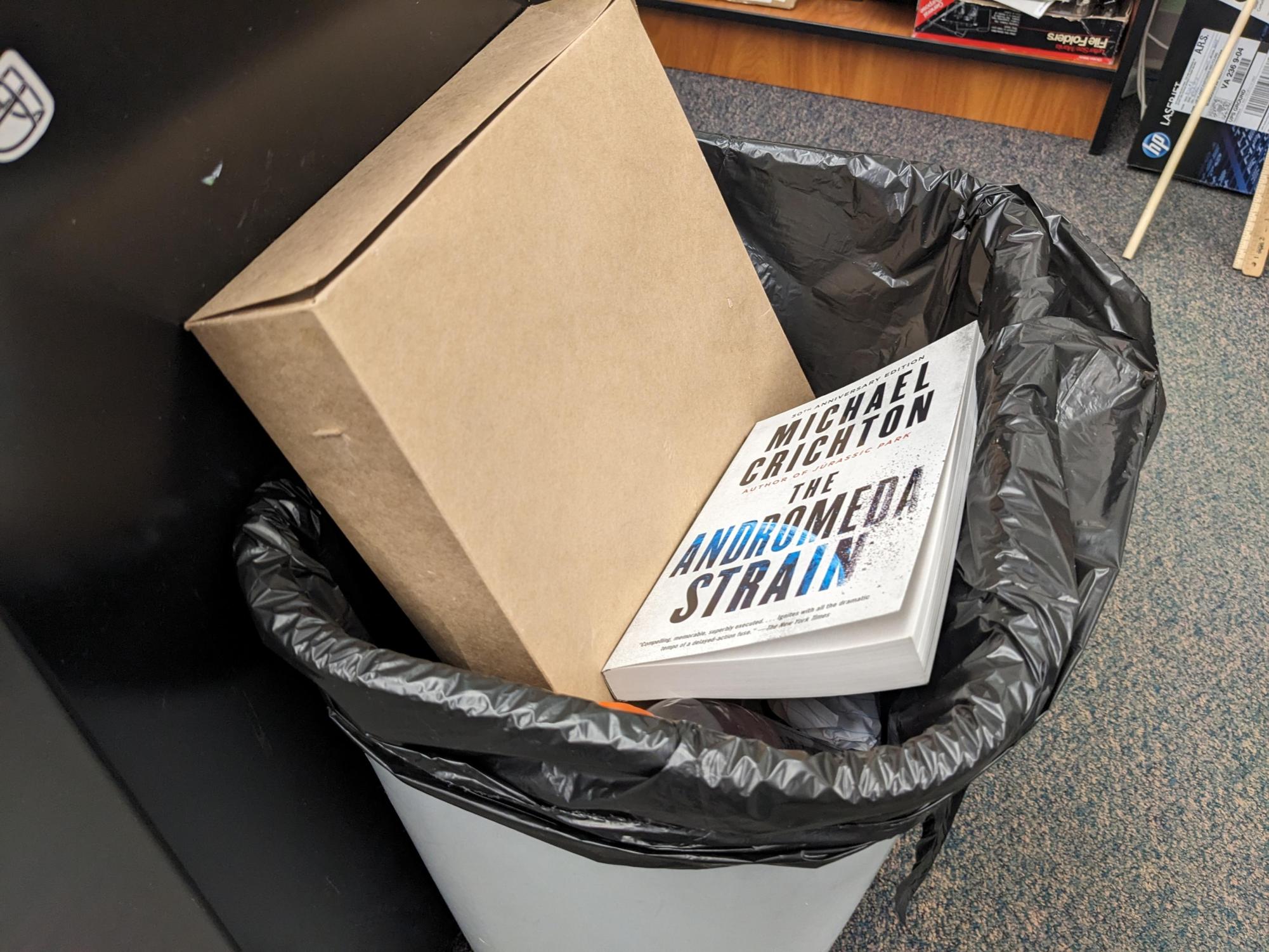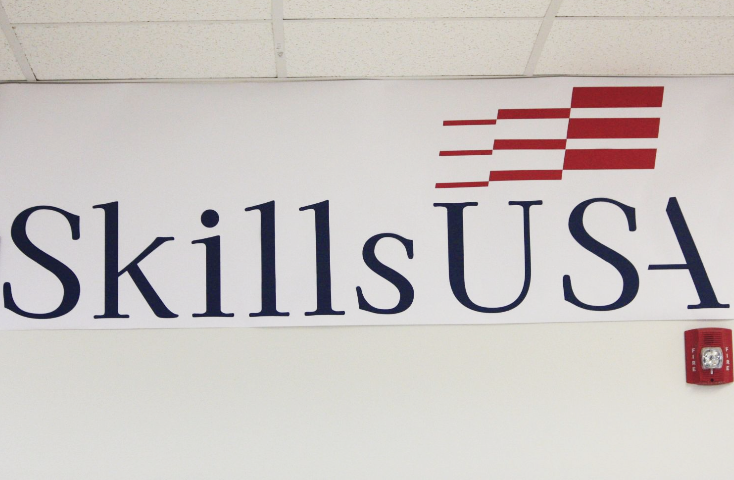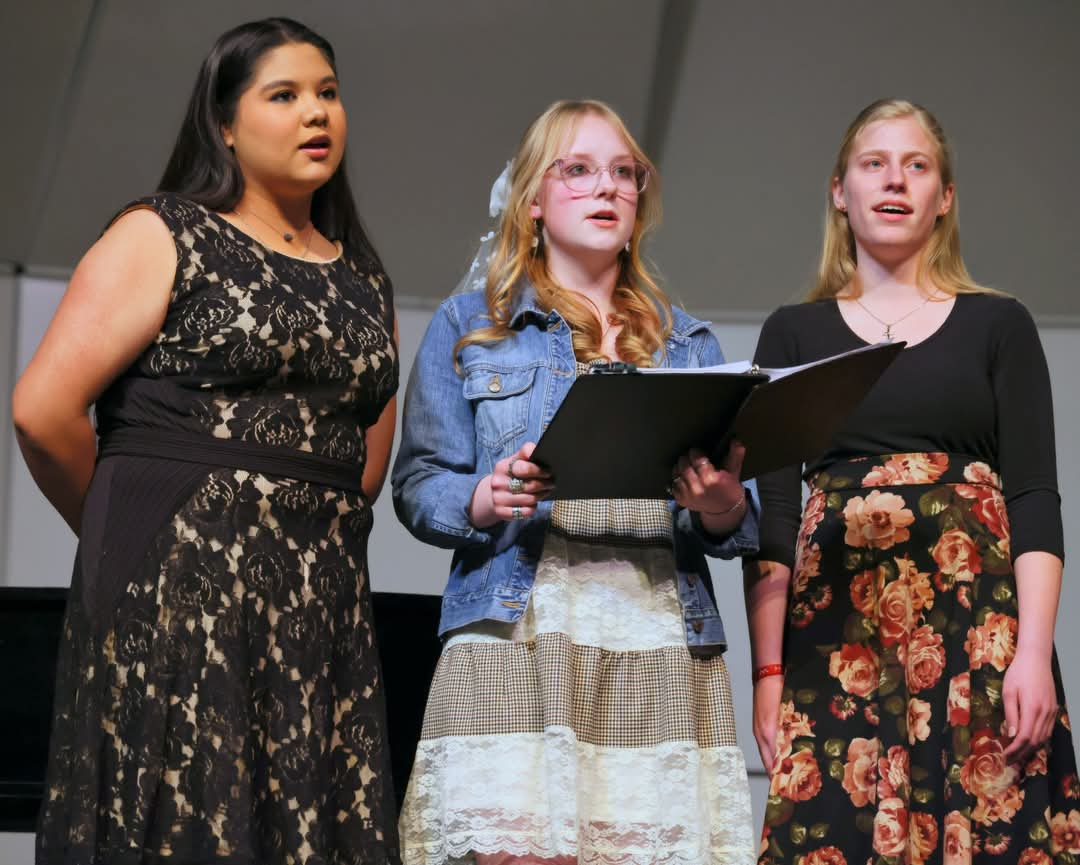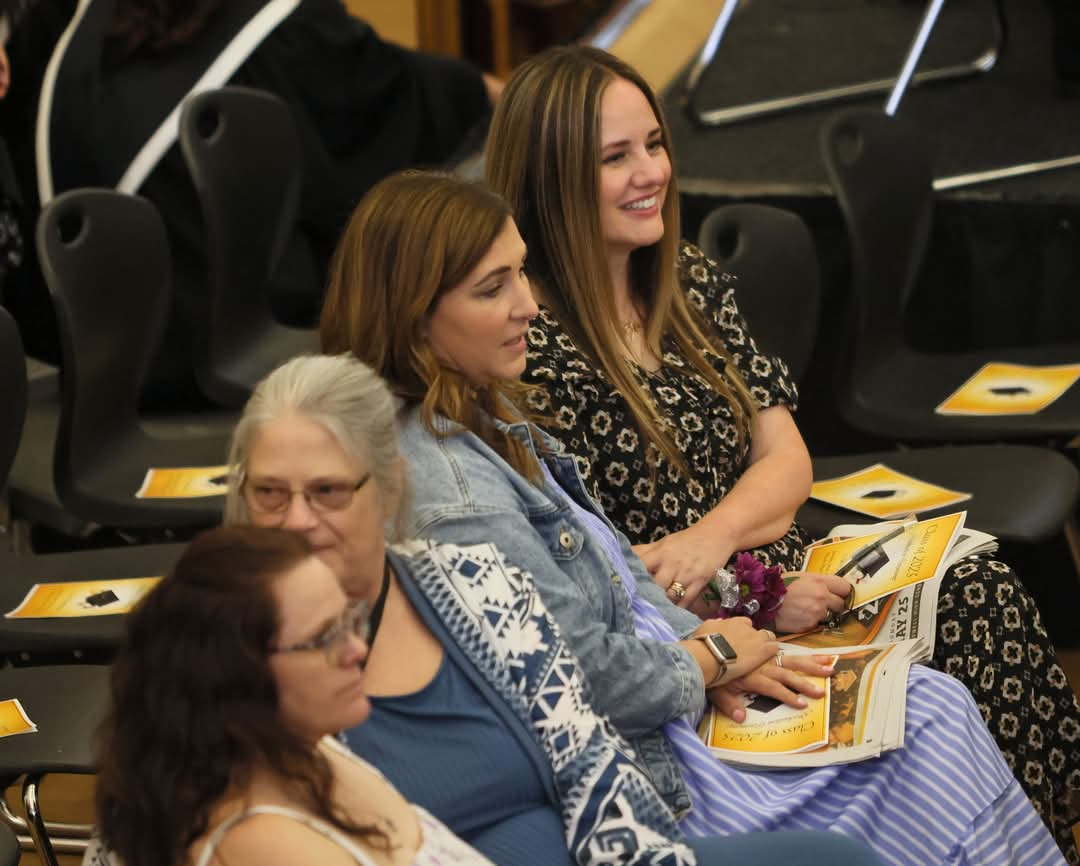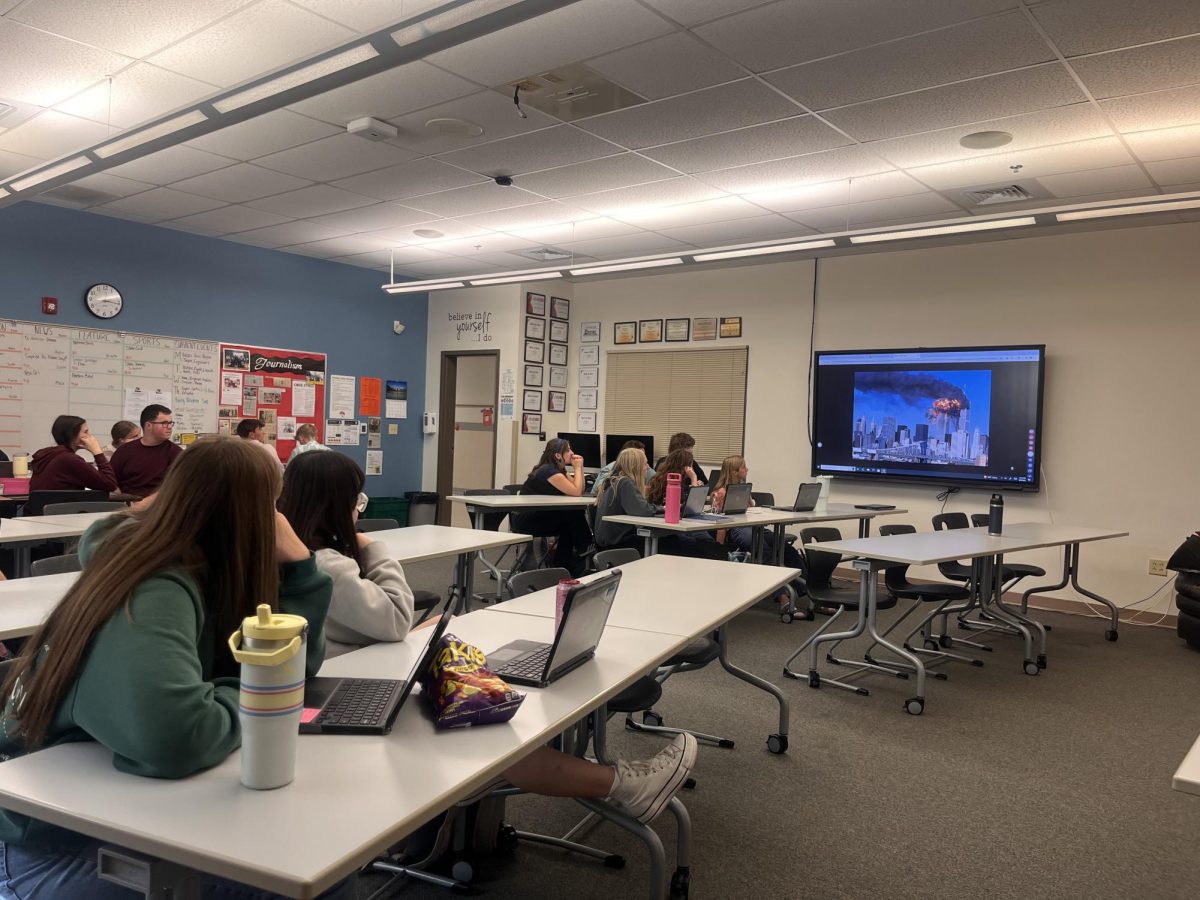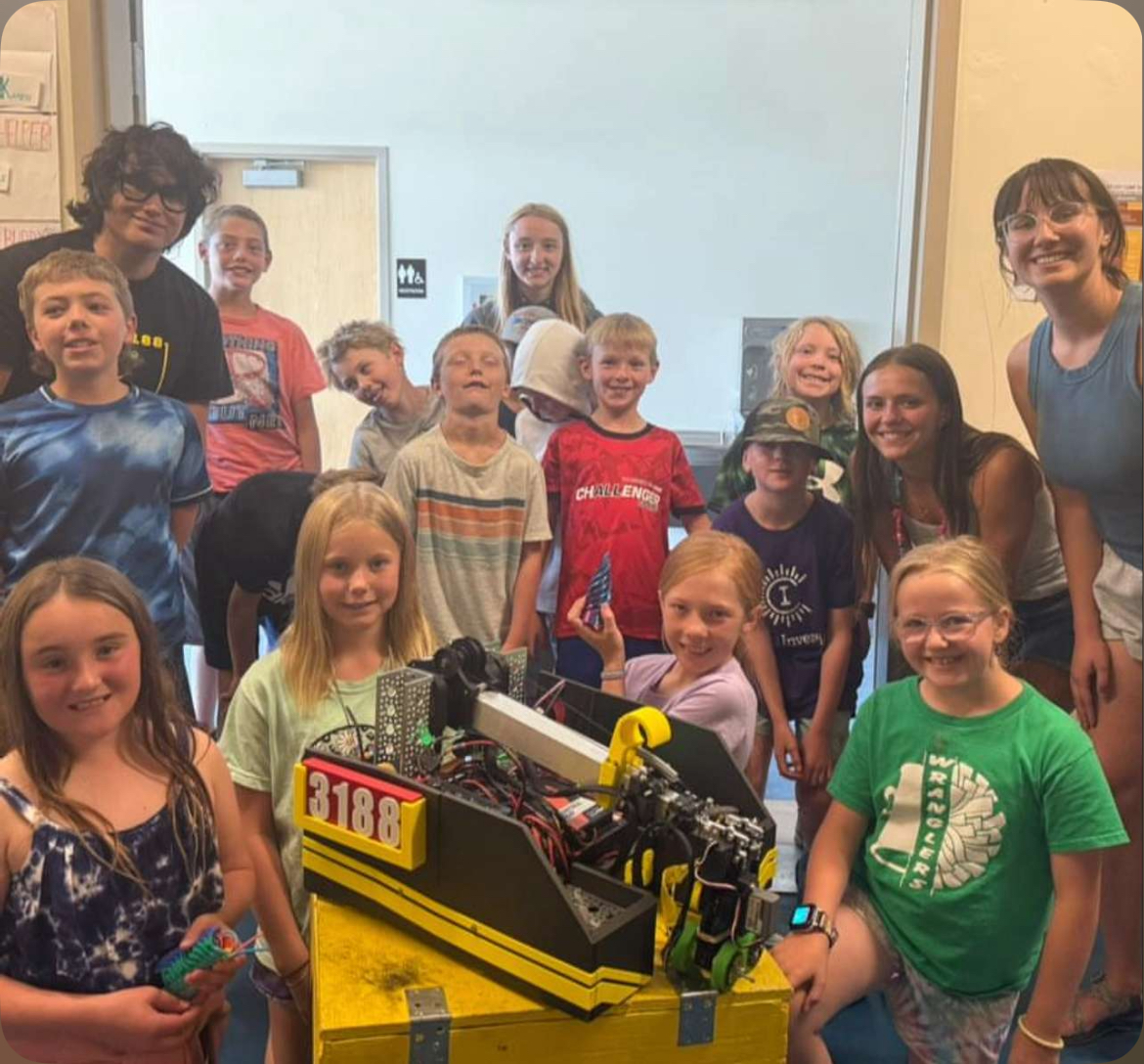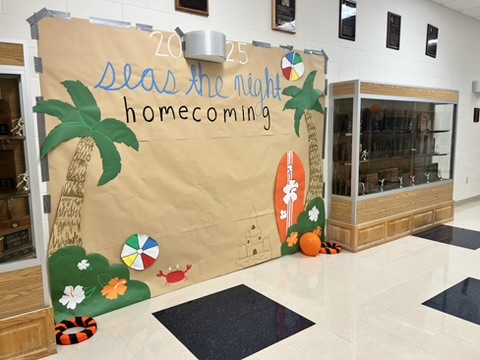Reading is an incredibly important skill, and one that helps bring insurmountable knowledge to people that utilize it. That being said, not everyone does it, or at least, not everyone does it actively.
As a basis, reading involves not just opening a book or a website article but the understanding and processing of the information that is being seen, thereby recording it. The reading process is helped by neural networks in the brain. When you read, those networks are able to strengthen and become better equipped to solve problems in the future.
In a study conducted by the National Library of Medicine [NLM], participants were found to have more active network functionality while reading.
“Researchers used functional MRI scans to measure the effect of reading a novel on the brain,” Healthline writer Rebecca Joy Stanborough said. “Study participants read the novel “Pompeii” over a period of 9 days. As tension built in the story, more and more areas of the brain lit up with activity.”
With that being said, why do people not read? There are multiple answers to that question, whether it be someone finding reading to be boring or arduous or simply falling out of love with it.
“When I was a little kid, I think in elementary [school], I used to read a lot, like my book was my phone, you know – I used to read on the toilet,” senior Liam Taylor said. “I don’t know [where] my love [for reading] went. I don’t think it’s faded.”
For people who more actively read, the experience helps to act as an escapism from the normal day-to-day activities one might traditionally involve themselves in.
“What I like about reading is that it’s like a form of escapism for me,” junior Katarina Rietz said. “So I use it when I’m stressing out, or when I just need to relax, or just when I’m bored, and I find it’s a really nice escape from reality.”
Some people have related the apparent drop-off in reading to the increase in technology or to having conflicts of timing. In the economic world, this phenomenon is called “opportunity cost.” Opportunity cost basically dictates that for every action we take, there is another action we don’t.
For example, if you were to choose between getting a drink of water (1) or going out for a jog (2) you would experience one of two things: 1) you are no longer thirsty but have not exercised, or 2) you got exercise and are fit, but are now thirsty. You can only choose one in the moment and whichever one you don’t choose is lost.
“My dad was a huge reader,” Coach Chase Kistler said. “At one point in time in my life, I read a lot, then I got with coaching and everything. It’s just you can never fit in time to where you can get any reading accomplished.”
That being put aside, does the principle of opportunity correlate to reading? Or moreover, does it relate to the drop-off being seen in reading?
“So when I’m in, like, peak robotic and speech season, and I’m doing [the] haunted house, I tend to not read as much because I just don’t have time to read,” Rietz said. “Unless, if I find, like, a really, really, really good book, it’s not enough for me to want to read all the time.”
In a 2018 article from the New Yorker, writer Caleb Crain looked into the potential reasons why such a decline could be happening.
“Between 2003 and 2016, the amount of time that the average American devoted to reading for personal interest on a daily basis dropped from 0.36 hours to 0.29 hours,” Crain said. “It would seem that reading in America has declined even further in the past decade.”
This decline does mirror that being seen at PHS, with a select few people actively partaking in reading outside of designated English classes.
“Of course there’s benefits to [reading],” Taylor said. “You know, you don’t have your face in a phone and stuff like that. But probably, I think it’s a lot better for your brain to read and plus, it just gives you that kind of peace away from responsibilities of life for a while.”
Reading helps to grow and develop neural pathways that allow readers to help better solve problems. Beyond that, it helps people to understand the world around them when reading the news or reading a book that contextualizes something already seen in our everyday lives.
“[When] reading for learning you might be compartmentalizing certain aspects of what you’re reading, you know, reading instructions, reading the textbook,” Coach Kistler said. “But yeah, I definitely think different parts of the brain are used [when reading].”
Reading itself, at least at the high school level, doesn’t seem to be advertised when compared to earlier years, something potentially leading to the decline being seen.
“I don’t think reading’s advertised as much anymore,” Taylor said. “When you were a little kid, you had the scholastic festival, they made you want to read, right? I remember buying so many books out of that fair. Phones are much more, you know, in your face and stuff like that.”



